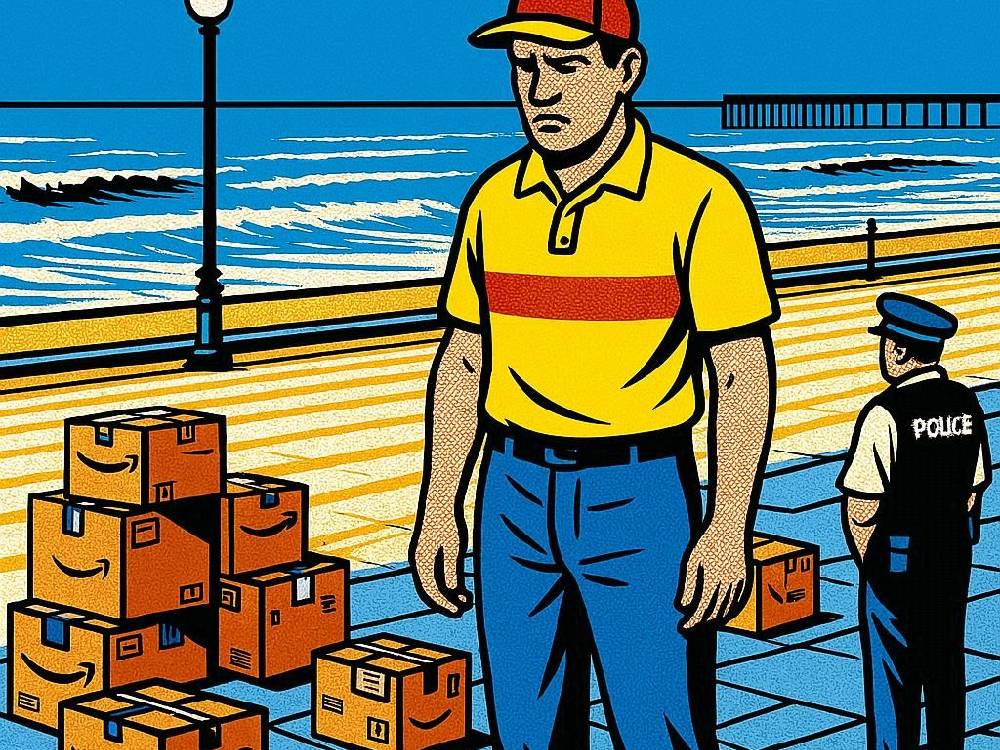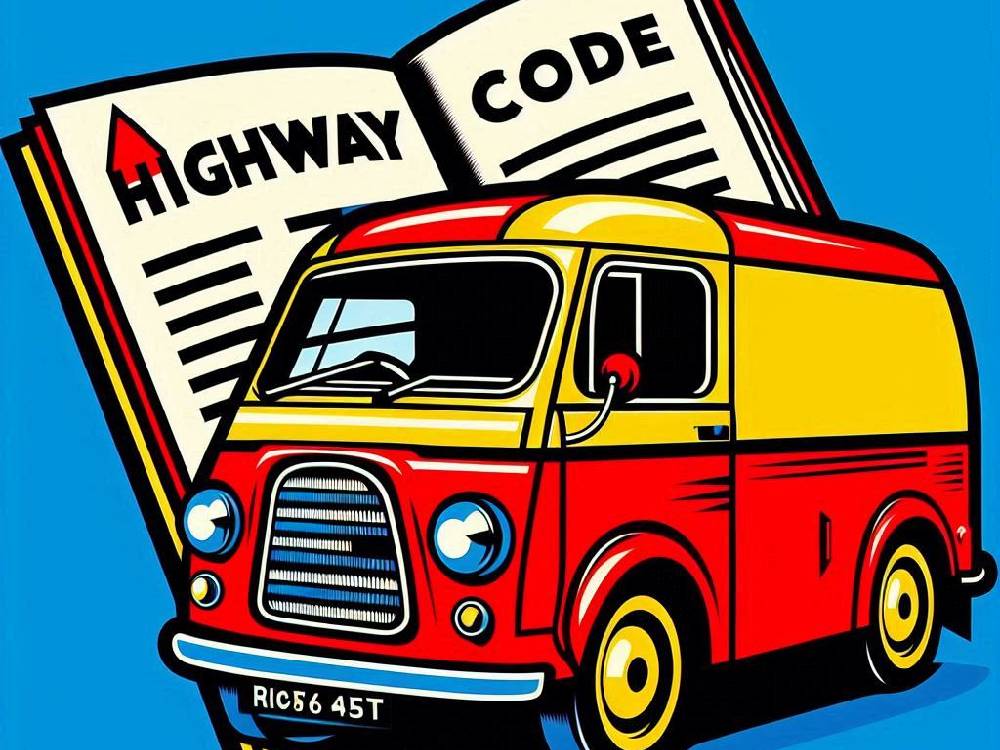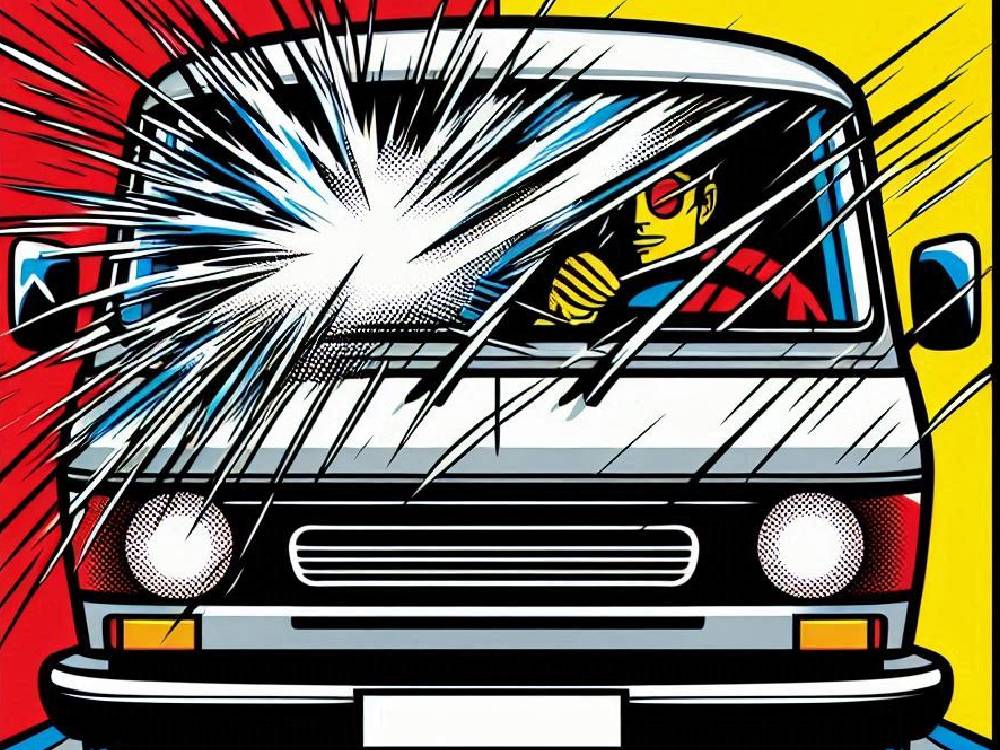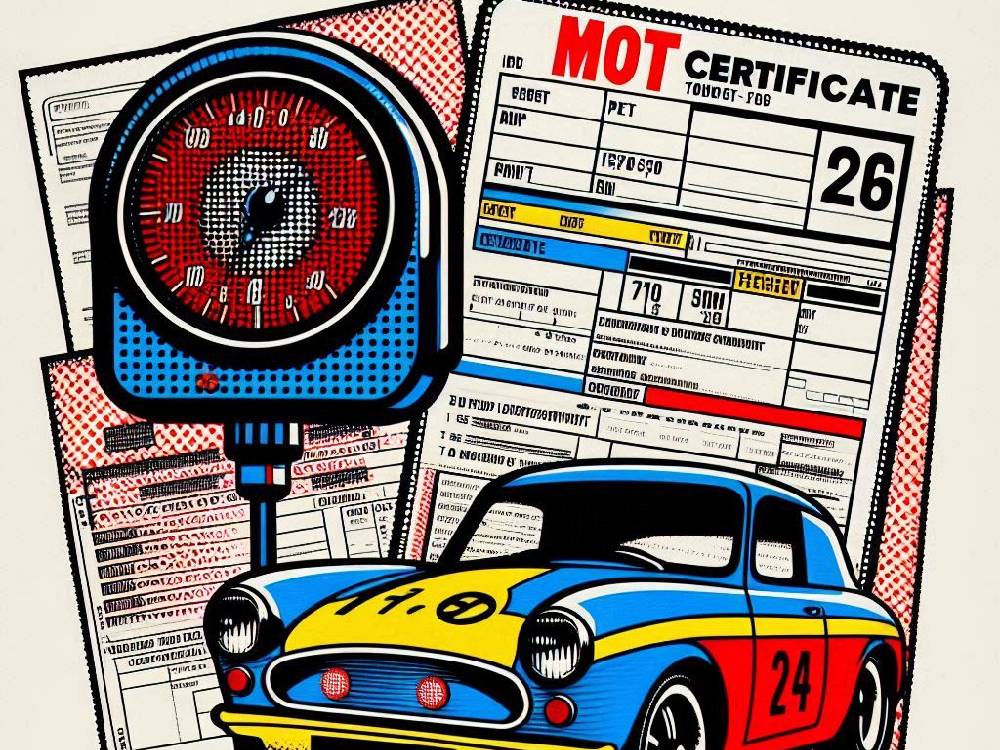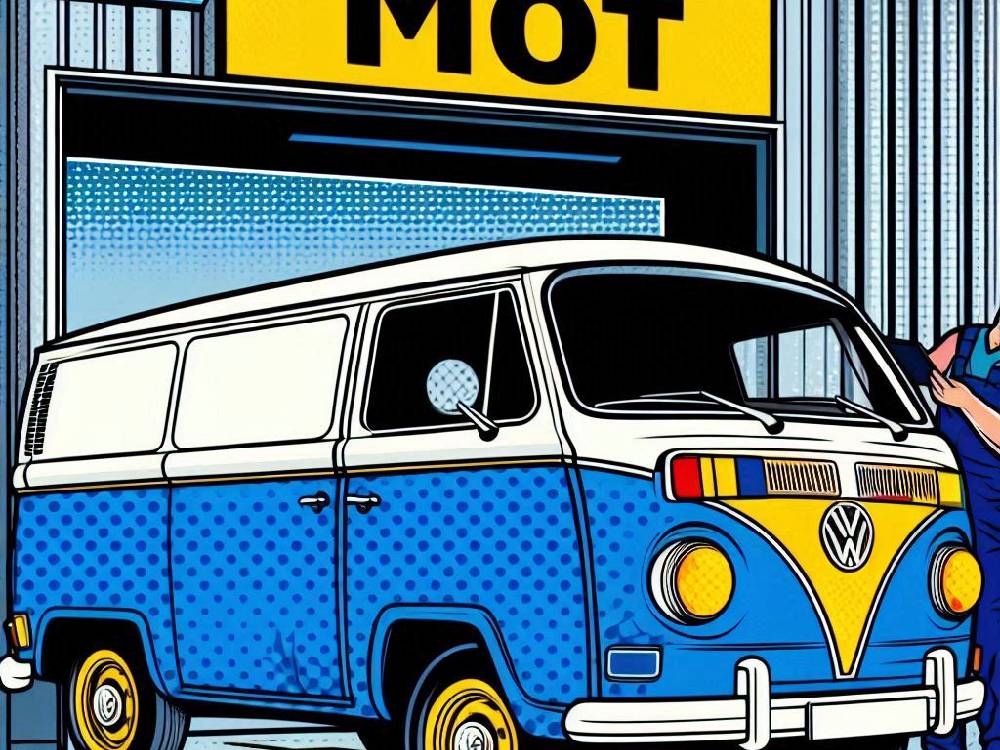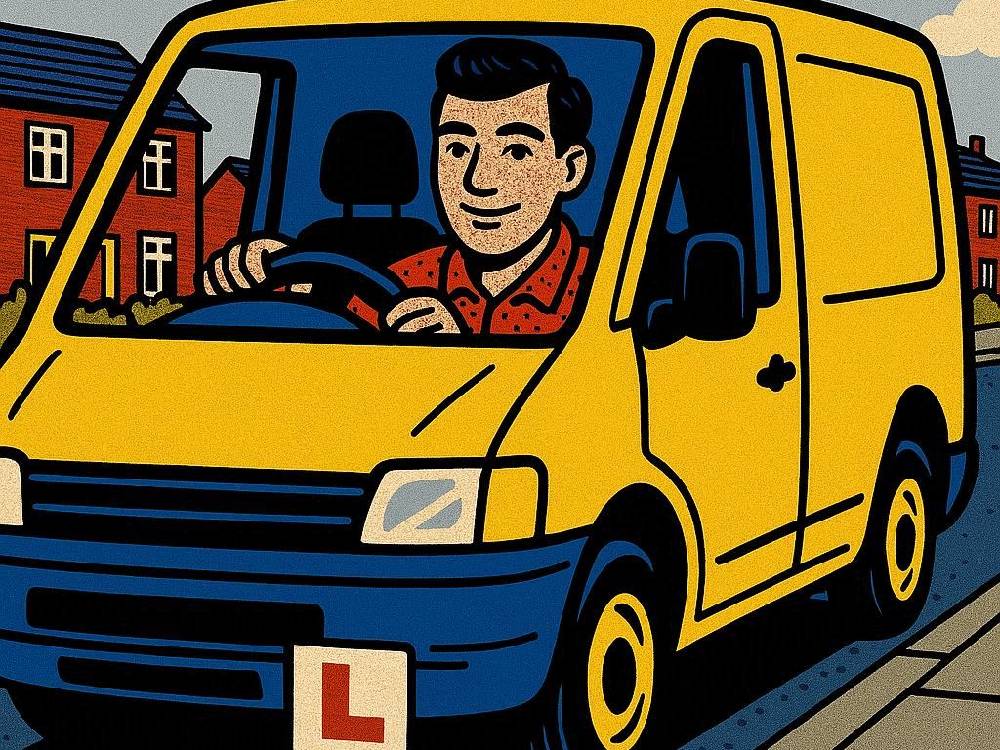Introduction
Van insurance rarely feels urgent.
Until it suddenly does.
On Weymouth seafront, a routine police stop became a public lesson in UK van insurance.
Not theory.
Not fine print.
Real consequences, unfolding in real time, for a working delivery driver.
Delivery Van Seized On Weymouth Seafront After Van Insurance Check
Police stopped the delivery van along Weymouth seafront.
Officers carried out routine roadside checks.
At first, nothing seemed unusual.
Then the insurance check returned a problem.
The driver held no valid cover.
Police seized the van on the spot.
This issue went beyond paperwork.
The driver didn’t wait on a delayed certificate.
The van travelled the road without valid Van Insurance.
That single fact changed everything.
Meanwhile, Dorset Police confirmed that officers run these checks regularly.
They prioritise commercial vehicles.
They focus on insurance and roadworthiness.
Because of that, police don’t treat uninsured driving lightly.
Not now.
Not ever.
Driving without insurance can lead to immediate vehicle seizure and further penalties.
Driver Ordered To Unload Parcels On Public Footpath
Officers then gave the driver clear instructions.
They told him to unload the van.
Every parcel.
Immediately.
The driver removed around 80 packages.
Passers-by stopped to watch.
People gathered.
Phones appeared.
This moment made everything visible.
And uncomfortable.
Many observers believed the parcels contained Christmas deliveries.
Wrong place.
Wrong time.
Maximum exposure.
Suddenly, the cost of not having Very Cheap Van Insurance didn’t look cheap at all.
This situation went beyond inconvenience.
It disrupted an entire delivery route.
Christmas Deliveries And The Real Cost Of Invalid Van Insurance
Timing matters.
Especially in delivery work.
As Christmas approaches, parcel volumes surge.
Deadlines tighten.
Pressure builds.
When police seize a van during peak season, the damage multiplies.
Customers wait.
Routes collapse.
Reputations suffer.
Crucially, insurers don’t care what a driver assumes.
Police don’t either.
That’s exactly why many drivers chase the Cheapest van insurance without checking what the policy actually allows.
And that’s where mistakes happen.
Here’s the problem.
Parcels Supervised While Replacement Van Was Arranged
The driver stayed with the parcels.
He supervised them on the pavement.
Meanwhile, colleagues arranged a replacement van.
Another driver headed to the scene.
Deliveries resumed later.
But delay costs money.
Time disappeared.
Routes slipped.
Efficiency collapsed.
Most drivers never factor this part in.
Vehicle seizure doesn’t end the problem.
It starts a chain reaction.
That reality explains why Van Insurance protects more than legality.
It protects continuity.
That’s why many drivers work with specialists like Cheap Van Insurance instead of relying on generic cover.
Cheap only works when it covers the right risk.
Dorset Police Warning On Driving Without Van Insurance
Dorset Police later addressed the incident.
Officers confirmed they run roadside checks frequently.
They target commercial vehicles deliberately.
Why?
Because uninsured vans increase risk.
For businesses.
Other road users.
And for drivers themselves.
Driving without valid insurance can lead to:
- Immediate seizure.
- Fixed penalties.
- Court proceedings.
- Higher future premiums.
Once police seize a van, consequences follow fast.
This is where many drivers misjudge the risk.
Why Police Van Insurance Checks Are Increasing
Insurance enforcement follows strategy, not chance.
Police now rely heavily on ANPR systems.
Databases update continuously.
Commercial vans stand out clearly.
As a result, officers don’t need suspicion.
Data triggers the stop.
If a policy doesn’t match the vehicle’s use, police act immediately.
That shift explains why drivers must understand policy types properly.
Many still misunderstand the difference between private and business use.
That confusion alone can invalidate cover.
Drivers unsure about their situation should understand whether business van insurance is cheaper and appropriate before driving.
Assumptions cost money.
Enforcement keeps accelerating.
When “Cheap” Becomes Costly for UK Van Drivers
Most uninsured driving cases don’t involve intent.
They involve misunderstanding.
Drivers often assume:
- Employer cover applies automatically.
- Courier platforms include insurance.
- Occasional paid work “doesn’t count”.
Insurers don’t accept those assumptions.
Policy wording matters.
Declared usage matters.
Small errors void cover.
That’s why resources like Are you driving a car or a van? Check your insurance policy exist.
One wrong assumption can put a driver on a pavement, unloading parcels in front of strangers.
It sounds extreme.
Until it happens.
The Bigger Lesson Hidden in a Simple Police Stop
This incident didn’t shock because of flashing lights.
It shocked because it felt ordinary.
A normal driver.
Normal route.
Normal working day.
Then police stopped the van.
And everything changed.
That’s why Van Insurance demands attention before a driver turns the key.
Not after.
Once police seize a van, paperwork can’t save the day.
What This Incident Teaches UK Van Drivers
More importantly, this incident exposes a wider pattern.
Specifically, uninsured driving rarely begins with recklessness.
Instead, it usually begins with misunderstanding.
For example, many drivers assume courier platforms handle insurance automatically.
However, insurers separate platform access from personal responsibility.
Likewise, some drivers believe short journeys fall outside policy rules.
In reality, insurers count every mile, every time.
Equally, others assume personal cover stretches into paid delivery work.
Unfortunately, it doesn’t.
As a result, many drivers operate outside their policy without realising it.
Consequently, risk builds quietly.
Then, suddenly, police intervene.
At that point, explanations stop mattering.
The Employer vs Driver Insurance Grey Area
At first, responsibility feels unclear.
On one side, companies assign routes and deadlines.
On the other side, drivers remain legally accountable.
Therefore, drivers must verify cover themselves.
They can’t rely on assumptions or verbal reassurance.
Moreover, insurers demand precision.
They expect declarations to match reality.
As a result, even experienced drivers face issues when roles change.
That’s why guidance like Can I get van insurance as a new driver? still applies later in a career.
Because context matters.
And context resets risk.
Why Cheap Van Insurance Needs Proper Structure
At first glance, cheap cover feels efficient.
After all, lower premiums protect margins.
However, cheap only works when the policy aligns with usage.
Otherwise, savings disappear instantly.
More importantly, invalid cover costs far more than premiums ever could.
For that reason, many drivers now look beyond headline price.
Instead, they prioritise clarity.
They prioritise suitability.
They prioritise compliance.
Consequently, interest grows in options like How telematics devices can save you money on van insurance.
Because telematics rewards correct behaviour.
And, crucially, it aligns policy with reality.
Van Insurance Enforcement Pressure Continues To Rise
Crucially, enforcement pressure shows no sign of easing.
In fact, technology accelerates it.
ANPR systems flag mismatches instantly.
Meanwhile, databases update continuously.
As a result, officers don’t rely on suspicion.
Instead, data drives decisions.
At the same time, councils support stronger compliance measures.
Therefore, uninsured vans stand out faster than ever.
This context explains why articles like Why proper vehicle compliance is crucial for road safety resonate so strongly.
Because compliance no longer sits at the edges.
It sits at the centre.
The Overlooked Risk That Follows Drivers
Here’s what many drivers miss.
Insurance problems compound.
First, police seize the vehicle.
Then, insurers cancel policies.
After that, future premiums rise sharply.
Consequently, one mistake follows drivers for years.
Additionally, employers hesitate.
Meanwhile, courier platforms tighten onboarding checks.
Ultimately, drivers lose access to work.
That’s why this incident matters beyond one afternoon.
It shapes long-term insurability.
Therefore, understanding details like what counts as a modification for van insurance becomes essential.
Because small details invalidate cover faster than most expect.
Conclusion
Ultimately, this Weymouth stop delivered a simple message.
Van insurance leaves no room for assumptions.
It offers no flexibility after mistakes.
Although the parcels moved on, the warning remains.
Assumptions cost money.
Gaps cost time.
Invalid cover costs livelihoods.
Therefore, drivers seeking Cheap Van Insurance UK must prioritise accuracy alongside price.
If you want to explore similar guidance and real-world cases, these articles may help:
- 10 simple hacks to lower your van insurance and save big
- When do you need van insurance? Find out now
- Van insurance premiums revealed in 2024
Because when enforcement happens, preparation matters more than price.

